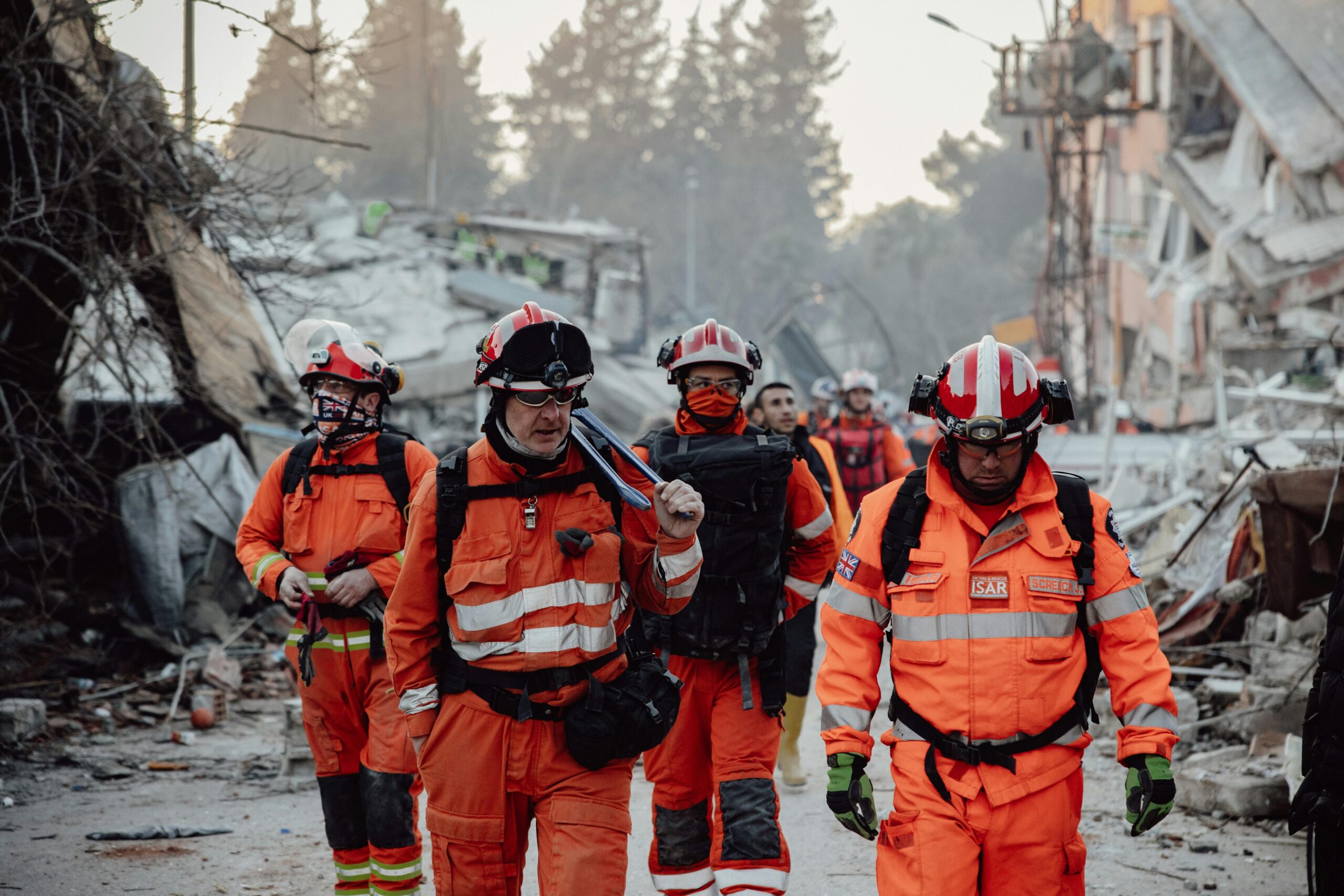Lessons From COVID-19: Pandemics and Moral Triage Exposed

Introduction to Pandemics and Moral Triage Moral triage in healthcare refers to the ethical decision-making process that clinicians utilize to prioritize patients when medical resources are scarce. This process involves assessing the urgency of each patient’s condition and determining who receives care first, based on the principle of distributive justice. During pandemics and crises, such …




